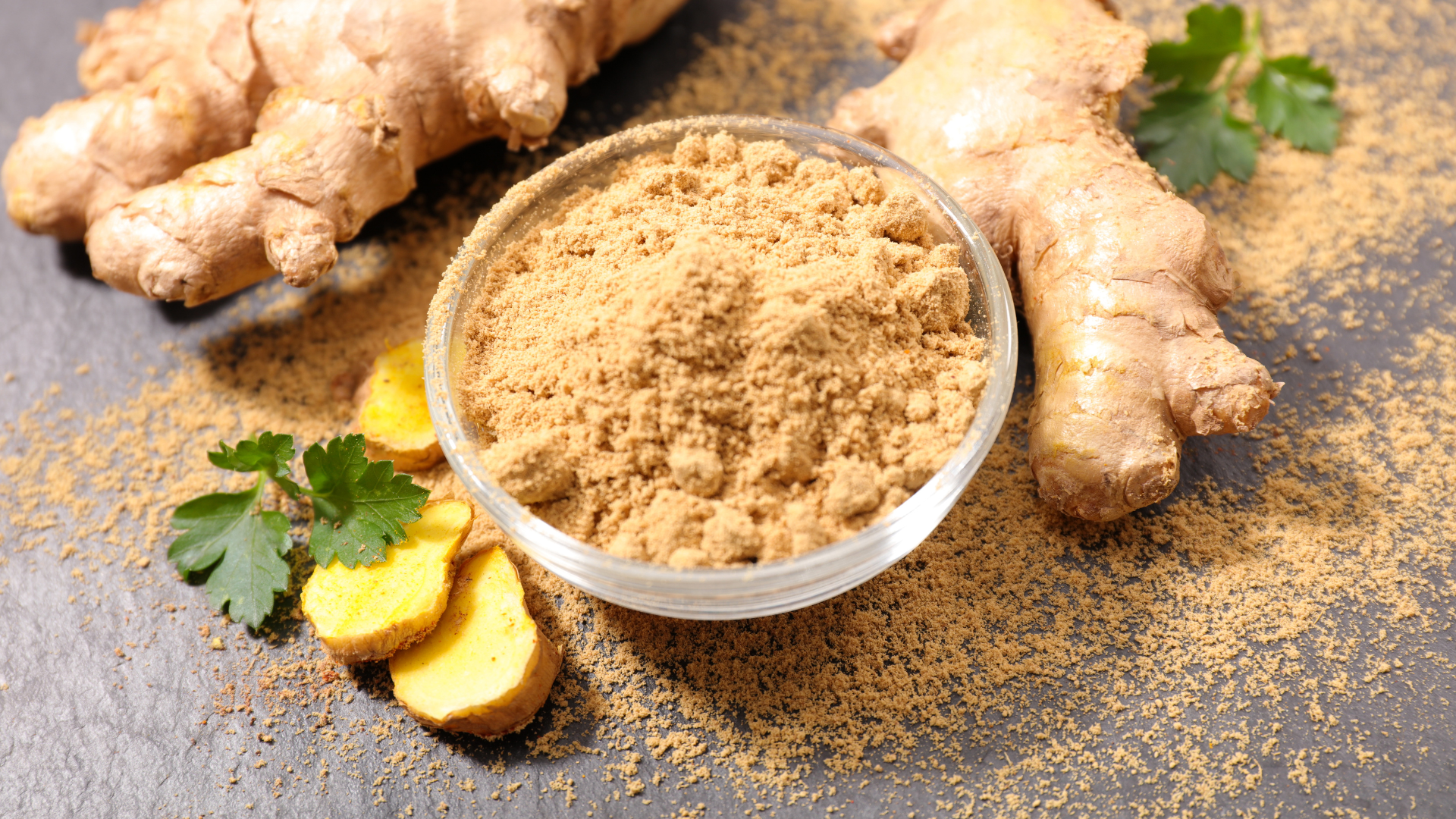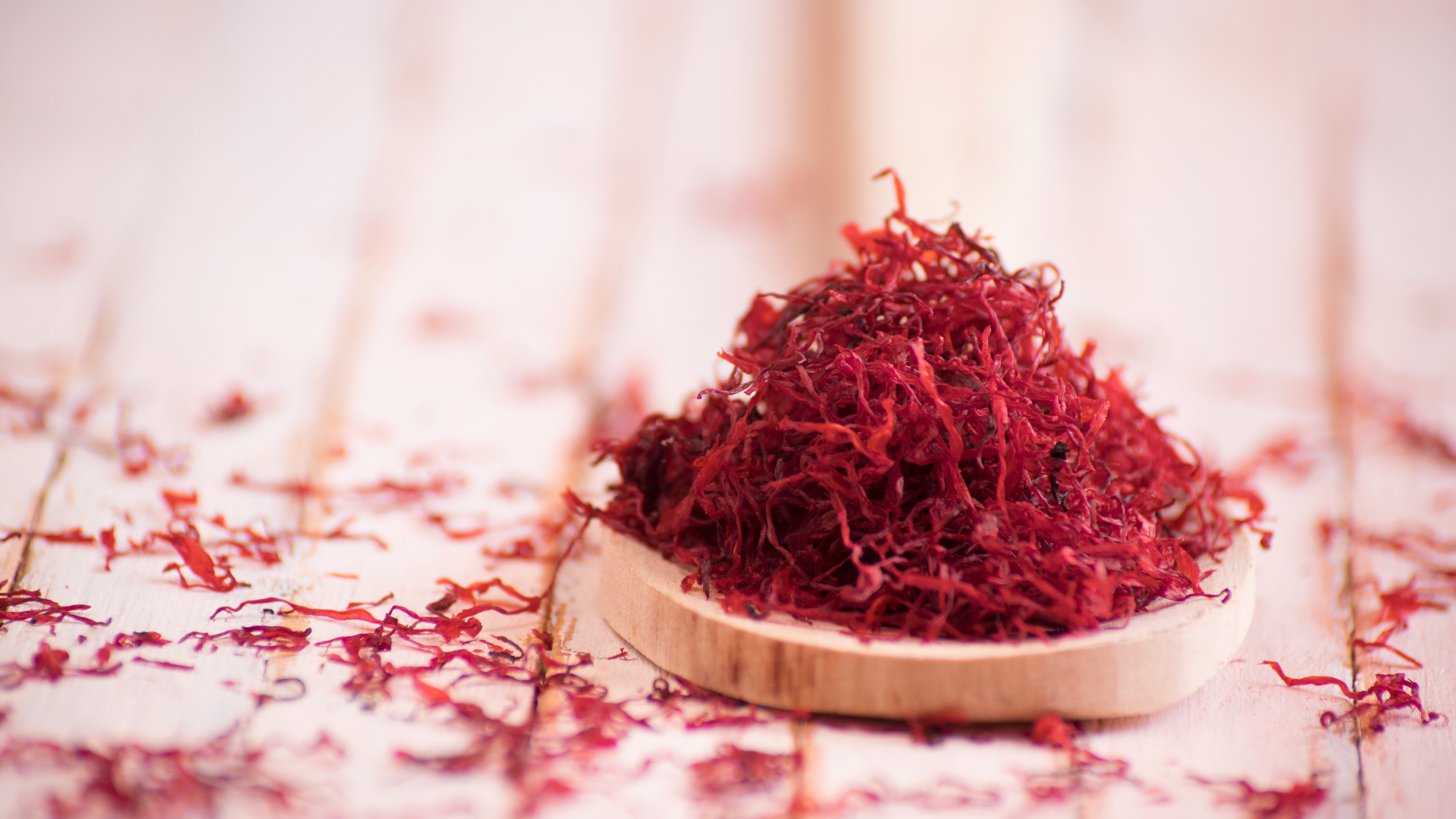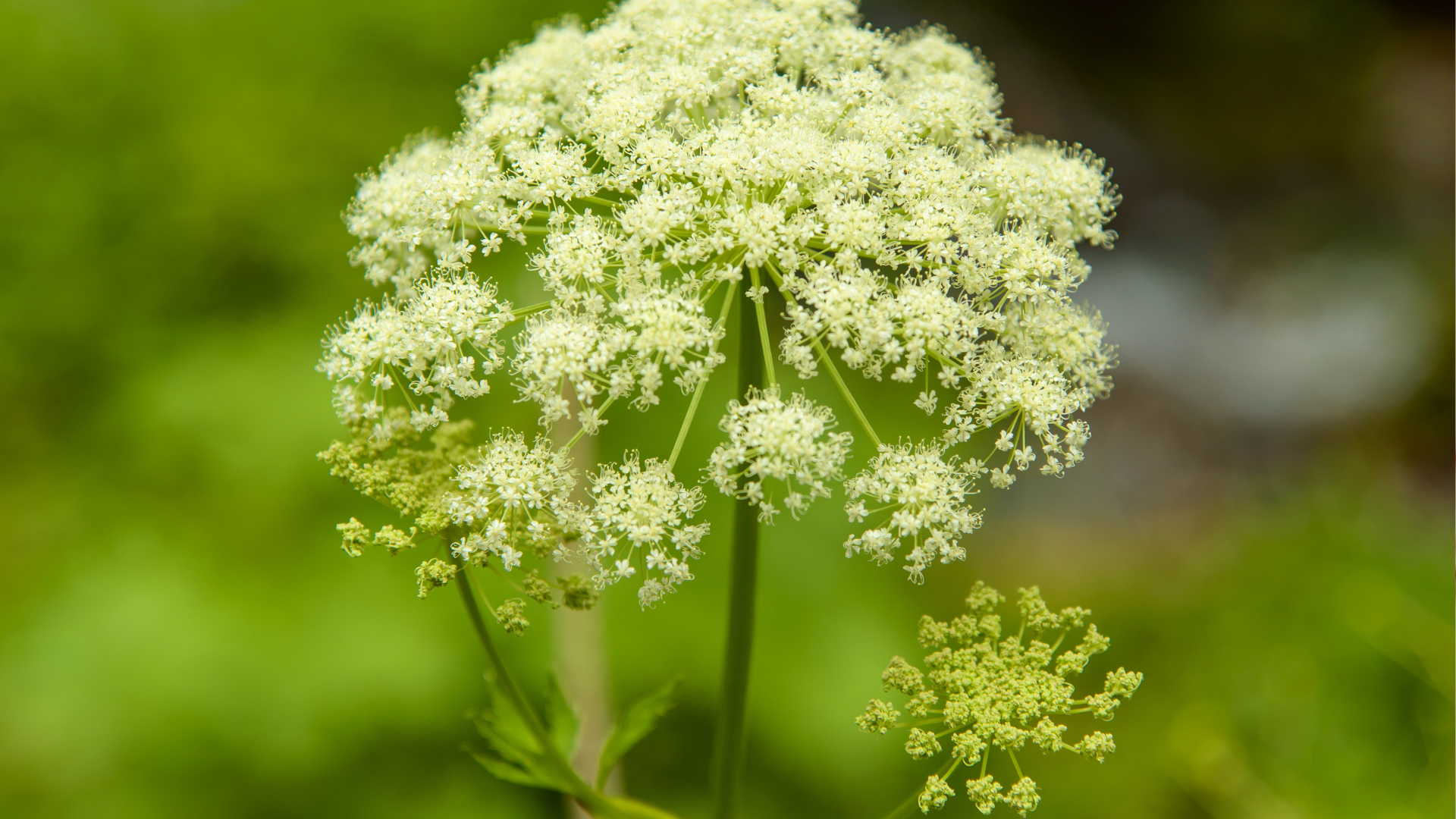The Four Degrees of Herbs

Unani Tibb, an ancient system of medicine, classifies herbs into four degrees based on their potency and effects on the body. Understanding these degrees is crucial for utilizing herbs effectively and safely. This article provides a detailed overview of these classifications, including examples of herbs and their therapeutic applications.

First Degree: Mild Impact on Metabolism
Herbs of the first degree subtly affect metabolism without causing noticeable physical sensations. These substances have the mildest action and are often used for their gentle and supportive effects.
- Example: Water
- Condition: General Hydration and Mild Detoxification
- Explanation: Water is essential for maintaining hydration and supporting the body's natural detoxification processes. It doesn't cause overt physical changes but is vital for overall health.

Second Degree: Moderate Metabolic Changes
Second-degree herbs act upon the body to cause metabolic changes but are eventually overwhelmed by the body's natural processes. These herbs include all nutrients that support bodily functions like digestion, circulation, and mild stimulation.
- Example: Ginger (Zingiber officinale)
- Condition: Digestive Issues and Nausea
- Explanation: Ginger stimulates digestion, reduces nausea, and enhances circulation. Its warming properties help open pores, induce perspiration, and initiate peristaltic action, aiding in smoother digestive processes.

Third Degree: Strong Therapeutic Actions
Herbs of the third degree are not acted upon by the body but instead exert a strong influence on it. These medicinal substances are used to treat more severe conditions due to their potent effects.
- Example: Senna Pods (Senna alexandrina)
- Condition: Constipation
- Explanation: Senna pods act as a powerful laxative by overwhelming the colon's eliminative powers, forcing evacuation. They are effective for treating acute constipation but should be used with caution to avoid dependency.
- Example: Saffron (Crocus sativus)
- Condition: Chronic Diseases and Severe Illnesses
- Explanation: Saffron's heating and drying nature makes it beneficial for cold and moist conditions. It helps in treating chronic diseases and severe illnesses by bringing long-term changes to the body's metabolism and overall health.

Fourth Degree: Potent and Potentially Toxic
Fourth-degree herbs are highly potent and can cause the cessation of metabolic functions. These substances are considered poisons but can be used medicinally in minute amounts under strict medical supervision.
- Example: Hemlock (Conium maculatum)
- Condition: Severe Pain and Muscle Spasms (Historical Use)
- Explanation: Hemlock has been historically used to treat severe pain and muscle spasms. However, due to its toxicity, it must be administered in very controlled, minimal doses.
- Example: Belladonna (Atropa belladonna)
- Condition: Neurological Conditions (Historical Use)
- Explanation: Belladonna has been used to treat certain neurological conditions due to its potent effects on the nervous system. Like hemlock, its use is highly restricted and monitored.
Conclusion
Unani Tibb's classification of herbs into four degrees provides a valuable framework for understanding their potency and therapeutic applications. Whether it's the mild support from first-degree substances or the strong actions of third-degree herbs, each category plays a crucial role in maintaining and restoring health. Always consult with a qualified Unani practitioner or physician when using potent herbs, especially those in the third and fourth degrees, to ensure safe and effective treatment.
Reference:
Chishti, Ghulam Moinuddin. The Traditional Healer's Handbook: A Classic Guide to the Medicine of Avicenna. Inner Traditions/Bear, 1991.
DISCLAIMER: Shifaa Khan's content is for general informational purposes only. It should not be used to self-diagnose and it is not a substitute for a medical exam, cure, treatment, diagnosis, and prescription or recommendation. It does not create a doctor-patient relationship, nor a consultant-client relationship, nor a practitioner-client/patient relationship between Shifaa Khan and you. You should not make any change in your health regimen or diet before first consulting a physician and obtaining a medical exam, diagnosis, and recommendation. Always seek the advice of a physician or other qualified health providers with any questions you may have regarding a medical condition. No presentation or communication shall expressly or implicitly bind any person or entity to any contract, agreement or course of conduct, or waive any part of this disclaimer and no one should rely on unverified claims that Shifaa Khan is part of any endeavor and all such reliance is expressly disclaimed.




